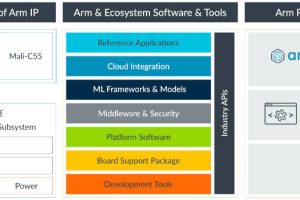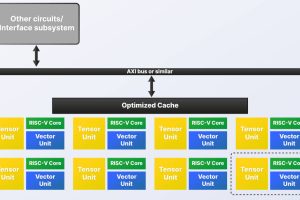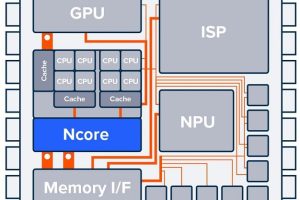Ignios says its SystemWeaver technology helps address the complex programming models that come with multi-core SoC devices.
“What we see as the real problem with multi-core is the software,” said Dan Chester, v-p of business development at Ignios. “There’s a disconnect between what the silicon looks like and the application view.”
Software development is often delayed, while eventual system performance is reduced. SystemWeaver comprises chip management hardware sitting on the SoC bus and a software task scheduler.
Together these help “manage the flow of work within the system”, Chester explained. By effectively scheduling software tasks, the bus is used more efficiently.
If an operating system tried to carry out this sort of function it would waste memory and processor resources, he claimed.
The firm has filed one European and US patent on its task brokering system. More applications are planned. SystemWeaver should work with all existing processors, bus architectures and peripherals, said Chester. It can also work underneath any operating system.
Ignios has attracted David MacKay, previously executive v-p at ARM, and will appoint a chief executive in the next couple of months.
At present the firm has just five employees, but is in the process of recruiting another five, with more appointments planned next year. “We’re looking for seasoned IP users and developers,” said Chester. Funding came from BTG and Alice Lab of Italy.
 Electronics Weekly Electronics Design & Components Tech News
Electronics Weekly Electronics Design & Components Tech News



